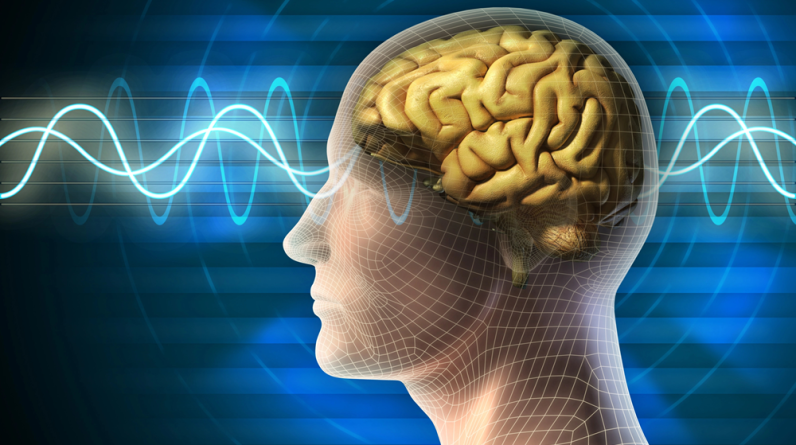
Physical exercise represents one of the most powerful interventions for brain health, with effects that extend far beyond cardiovascular fitness.
The relationship between movement and cognitive function involves complex neurobiological mechanisms that promote brain plasticity, enhance memory formation, and protect against age related decline.
Understanding these connections is important for anyone seeking to optimize cognitive performance and preserve brain health throughout life.
Research consistently demonstrates that regular physical activity produces measurable improvements in cognitive function, from enhanced memory and attention to improved executive function and processing speed.
In what follows, we’ll examine how physical movement affects brain structure and function, discuss different types of exercise and their specific cognitive benefits, and provide guidance for implementing brain healthy movement patterns.
Exercise Induced Brain Changes
Physical exercise initiates a cascade of neurobiological changes that directly benefit brain function.
During exercise, the brain increases production of brain derived neurotrophic factor (BDNF), a protein that promotes neuron survival, growth, and synaptic plasticity.
BDNF acts like fertilizer for brain cells, supporting the formation of new neural connections and protecting existing neurons from damage.
Exercise also stimulates neurogenesis (the birth of new neurons) particularly in the hippocampus, a brain region important for learning and memory.
These new neurons integrate into existing neural networks, enhancing the brain’s capacity for information processing and storage.
Cardiovascular improvements from exercise directly benefit brain function by increasing blood flow and oxygen delivery to neural tissues. Enhanced circulation supports the transport of nutrients and the removal of metabolic waste products, creating an optimal environment for brain cell function.
Types of Exercise and Specific Benefits
Aerobic exercise provides the most extensively studied cognitive benefits. Activities like running, cycling, and swimming increase heart rate and promote sustained cardiovascular activity, leading to improvements in executive function, memory, and attention.
The cognitive benefits of aerobic exercise appear to be dose dependent, with moderate to vigorous intensity showing the greatest effects.
Resistance training offers unique cognitive advantages, particularly for executive function and working memory. Weight training and bodyweight exercises that require coordination and planning engage brain regions involved in motor control and cognitive processing simultaneously.
Complex motor activities that combine physical movement with cognitive demands provide exceptional brain benefits. Dancing, martial arts, and sports requiring planning and coordination stimulate several processes in the brain and promoting widespread neural adaptation and cognitive enhancement.
Implementing Brain Healthy Movement Patterns
Optimal exercise protocols for brain health involve regular, sustained physical activity that activates both cardiovascular and motor systems.
Current research suggests that 150 minutes of moderate intensity aerobic exercise per week, combined with resistance training twice weekly, provides significant cognitive benefits.
Variety in exercise selection maximizes brain benefits by stimulating different motor patterns and cognitive demands. Alternating between different activities prevents adaptation and maintains the stimulus for continued neural improvement.
Timing considerations can enhance exercise benefits for cognitive function.
Morning exercise may provide cognitive advantages throughout the day, while exercise before learning tasks can enhance memory consolidation.
Consistency in exercise timing helps establish beneficial circadian rhythm patterns.
Final Thoughts
Physical exercise represents a powerful tool for enhancing brain function and preserving cognitive health.
From understanding the neurobiological mechanisms that link movement to brain plasticity to implementing diverse exercise programs that stimulate both body and mind, this knowledge allows individuals to use physical activity as cognitive medicine.
By embracing regular, varied physical activity, we can harness the brain boosting power of movement to support brain health and mental sharpness.








